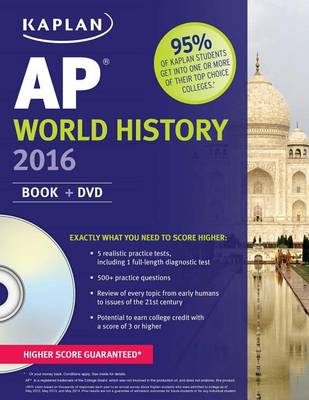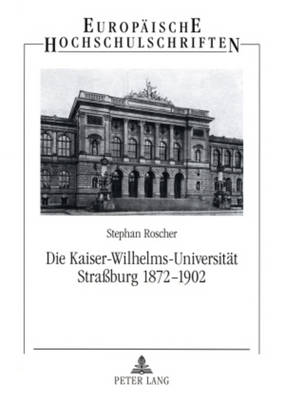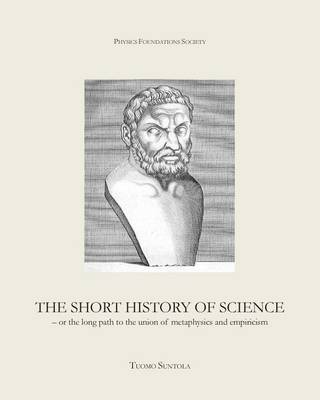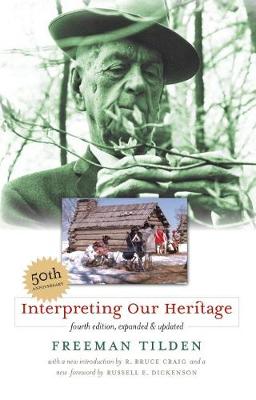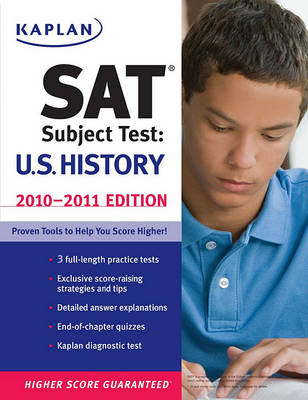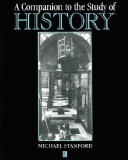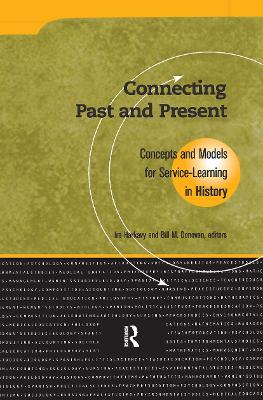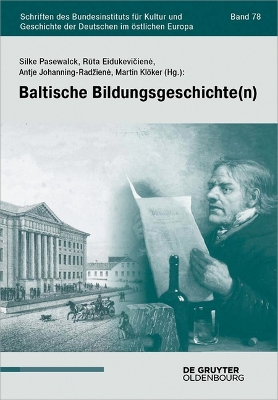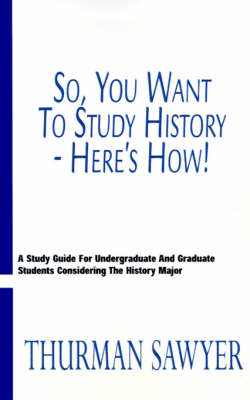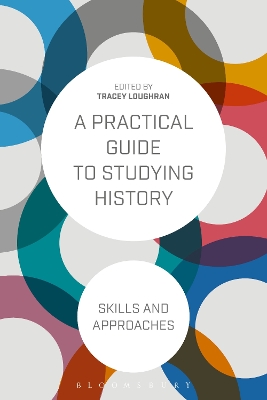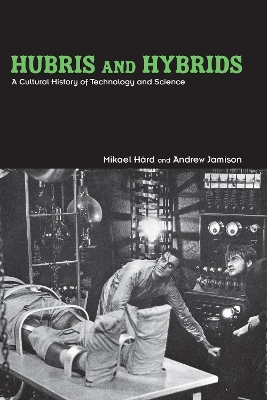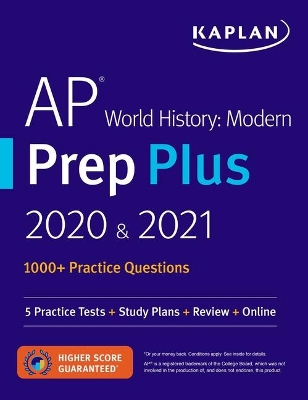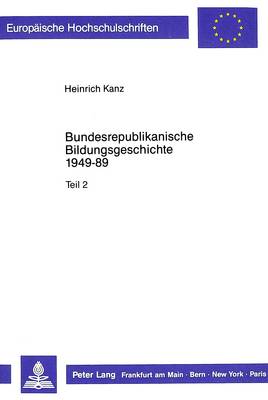Im Mai 1872 wurde in Strassburg eine aussergewoehnliche Universitat eingeweiht, die eine ganz spezielle Aufgabe im durch den Krieg von 1870/71 wieder deutsch gewordenen Elsass-Lothringen zu erfullen hatte. Von den franzoesischen und deutschen Historikern nur am Rande beachtet, verdient diese Universitat des Reichslandes, die alles andere als eine simple Germanisierungsanstalt war, eine eingehende wissenschaftliche Behandlung. Auf der Basis des Humboldtschen Universitatsgedankens und der kulturpr...
National History Standards (International Review of History Education)
by Linda Symcox
Interpreting Our Heritage
Every year millions of Americans visit national parks and monuments, state and municipal parks, battlefield areas, historic houses, and museums. By means of guided tours, exhibits, and signs, visitors to these areas receive a very special kind of education through the interpretation of informative materials. For fifty years, ""Interpreting Our Heritage"" has been an indispensable sourcebook for those who are responsible for and who respond to such interpretive materials. This anniversary edition...
"The Student's Companion to History" guides students through all the historical concepts, theories, methods and problems confronting those engaged in the serious study of history. It distinguishes between history as action and history as narrative and attempts to illuminate the interplay between understanding and doing. The author covers the nature of history, questions about action and meaning, views of the past, history as discourse, narrative and knowledge, the use of evidence, causation and...
Connecting Past and Present (Service-learning in the Disciplines)
The question that animates this volume, 16th in the ""Service-Learning in the Disciplines Series"", is: Why connect service-learning to history courses? The contributors answer that question in different ways and illustrate and highlight a diversity of historical approaches and interpretations. All agree, however, that they do their jobs better as teachers (and in some cases as researchers) by engaging their students in service-learning. This book offers an interesting read with a compelling cas...
What distinguishes history as a discipline from other fields of study? That's the animating question of Sarah Maza's Thinking About History, a general introduction to the field of history that revels in its eclecticism and highlights the inherent tensions and controversies that shape it. Designed for the classroom, Thinking About History is organized around big questions: Whose history do we write, and how does that affect what stories get told and how they are told? How did we come to view the...
Baltische Bildungsgeschichte(n) (Schriften Des Bundesinstituts Für Kultur Und Geschichte Der, #78)
2020 Daily Planner Ben Franklin Quote Hope Faith Charity Vintage Style 388 Pages
by Distinctive Journals
A Practical Guide to Studying History
*** PROSE Award Winner (2018) in the Textbook/Humanities Category *** A Practical Guide to Studying History is the perfect guide for students embarking on degree-level study. The book: - introduces students to the concepts of historical objectivity, frameworks and debate - explains the differences in aims, methods and audiences for different types of history - explores the relationship between the skills developed during a history undergraduate degree and the practice of professional history...
Human societies have not always taken on new technology in appropriate ways. Innovations are double-edged swords that transform relationships among people, as well as between human societies and the natural world. Only through successful cultural appropriation can we manage to control the hubris that is fundamental to the innovative, enterprising human spirit; and only by becoming hybrids, combining the human and the technological, will we be able to make effective use of our scientific and tech...
Bundesrepublikanische Bildungsgeschichte 1949-89 (Europaeische Hochschulschriften / European University Studie, #389)
Die Kenntnis von Quellen und Dokumenten bundesrepublikanischer Bildungsgeschichte 1949 - 1989 regt an, den heutigen Zustand von Bildung im Rahmen der europaischen und globalen Entwicklung zu verstehen. Wie sich Markierungspunkte der bundesrepublikanischen Erwachsenen- und Seniorenbildung (Bildung/Erziehung ab 18 Jahre) nach 40 Jahren darstellen, kann an den hier abgedruckten geschichtlichen Belegen unter Einbeziehung personlicher Erfahrungen mit Aktivierung geschichtlicher Phantasie angesprochen...
